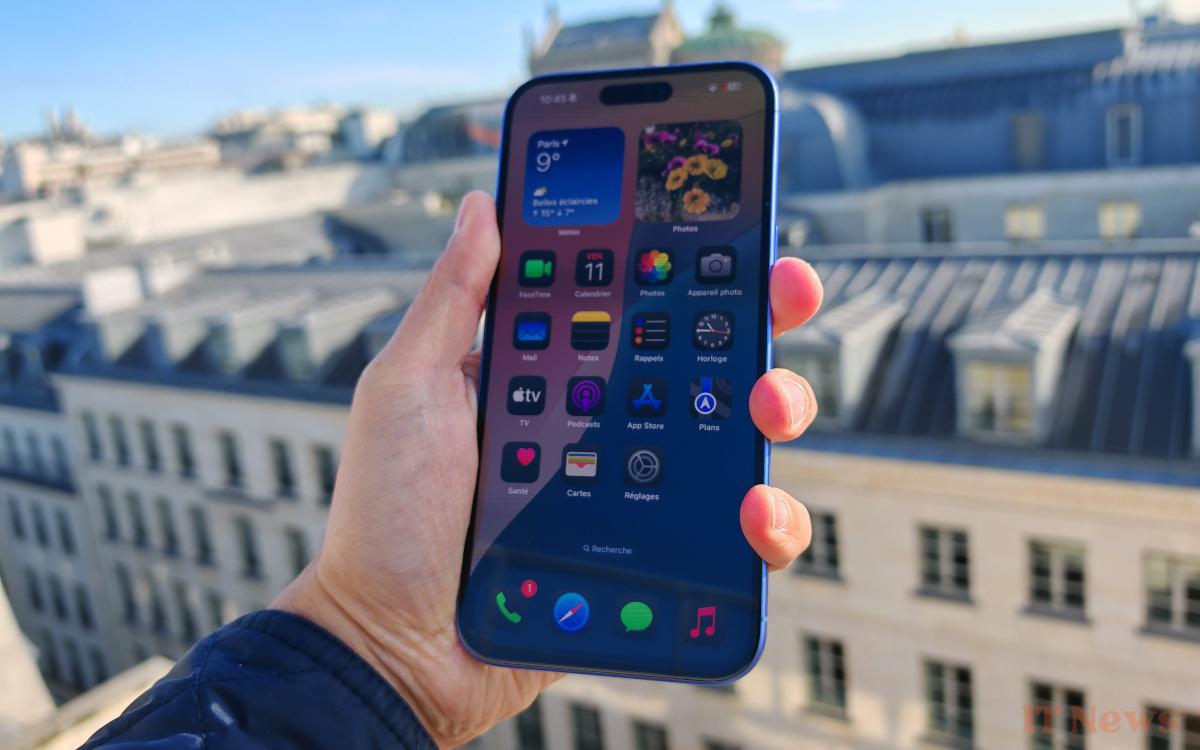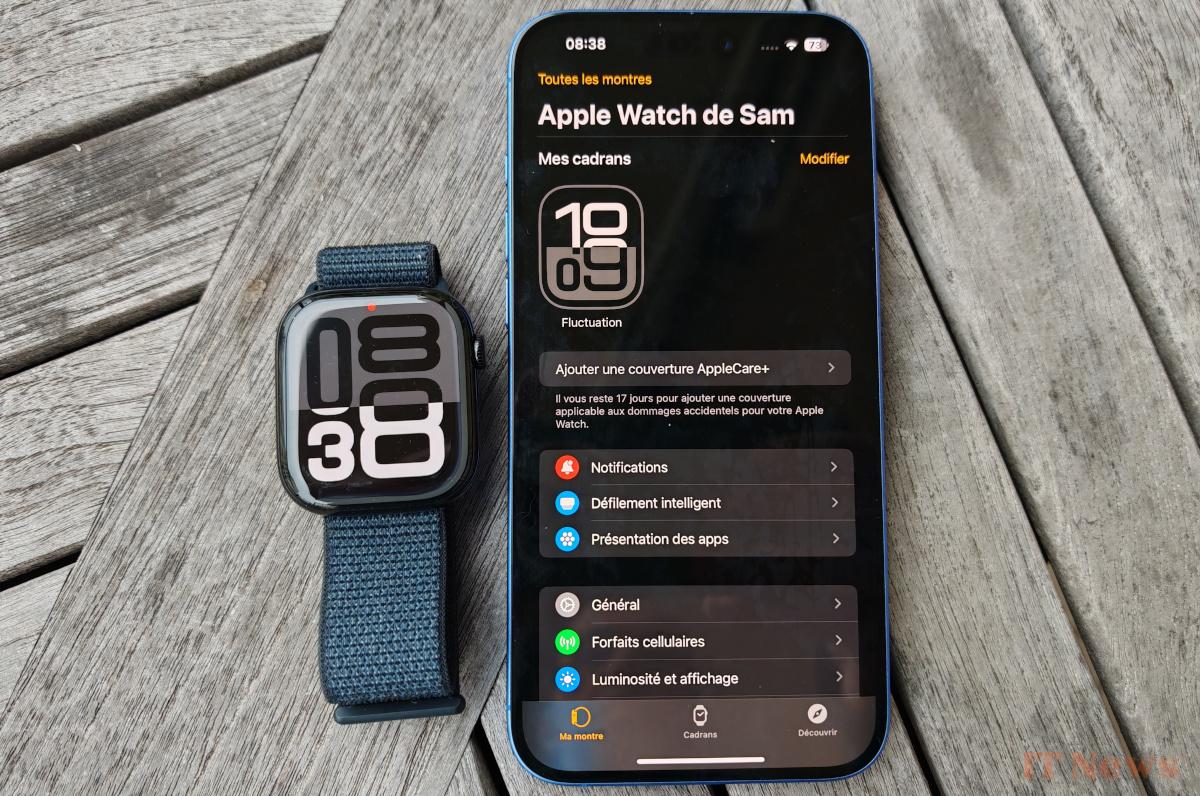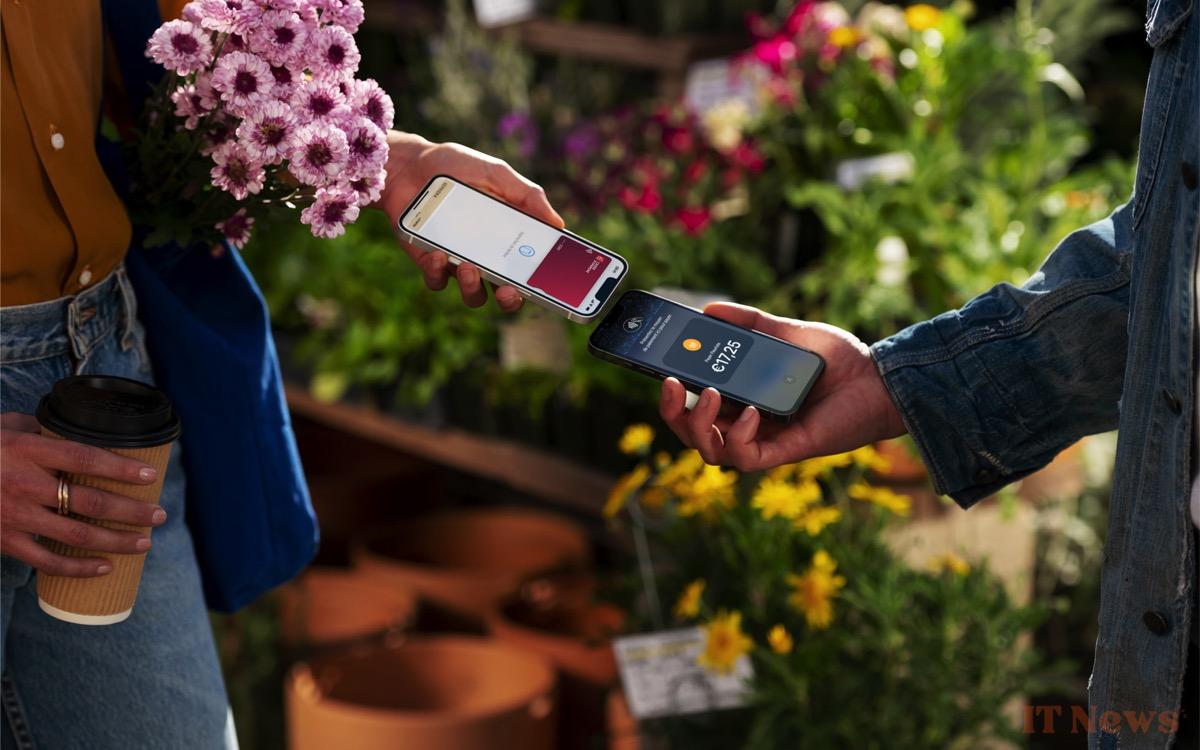The European Commission has detailed the measures Apple must take to comply with the DMA. It simply requires the opening of iOS so that the iPhone becomes interoperable with third-party devices and software.
Will Apple be forced to open iOS? The European Commission has adopted two decisions under the Digital Markets Act (DMA). These “specify the measures Apple must take to comply with certain aspects of its interoperability obligation.” The EU's goal is for consumers to benefit from deeper and smoother integration of third-party connected products into Apple's ecosystem.
The European Commission had already asked Apple to comply with the DMA. Some efforts have been made. The most recent is the ability to choose a different default navigation app than Apple Maps on the iPhone thanks to the iOS 18.4 update. A new feature that is being offered exclusively in Europe to calm authorities and regulators, but it is not enough.
A more open iOS soon?
Seeing that Apple's progress in improving the interoperability of its products and services is not progressing very quickly, the Commission has decided to "help" (the choice of word may raise a smile) the American firm to "comply by detailing the necessary measures" so that the company falls within the scope of European rules.
The first series of required measures concerns nine iOS connectivity features. The changes that the Commission says must be made would allow device manufacturers and third-party app developers to "more easily access iPhone features that interact with those devices." Examples include the display of notifications on smartwatches, faster data transfers, contactless payments, and simplified pairing of Bluetooth accessories. "This will ensure that connected devices of all brands work better on iPhones," the Commission assures. In addition to the immediate practicality for users, the institution believes that third-party manufacturers will “have new opportunities to market innovative products, thus improving the user experience for consumers” in the long term.
The Commission also mentions a second series of expected measures, which should “improve transparency and efficiency of the process Apple has put in place for developers wishing to achieve interoperability with iPhone and iPad features.” The EU wants to force the Apple brand to provide technical documentation on features not yet available to third parties. It also demands “faster communication and updates, as well as a more predictable timeline for reviewing interoperability requests.” The goal is for other manufacturers to be able to offer “a wider choice of innovative services and hardware compatible with iPhones and iPads” on the market.
Apple outraged by these decisions
The measures described here are not advice or directions that Apple can or cannot take to strengthen its interoperability. “Specification decisions are legally binding. Apple is required to implement the specified measures in accordance with the terms of the decisions,” threatens the Commission. Apple is also required to follow a timeline for implementing these measures, but this has not yet been made public.
“Today’s decisions mark the first time that the Commission has presented concrete measures to ensure that a gatekeeper complies with digital markets legislation,” said Teresa Ribera, Executive Vice-President for a Clean, Fair and Competitive Transition. “Effective interoperability of third-party connected devices is an important step towards opening up Apple’s ecosystem,” she adds, specifying that “this decision brings us closer to a level playing field in Europe.”.
According to Henna Virkkunen, Executive Vice President for Technology Sovereignty, Security, and Democracy, said this series of measures will allow us to "maximize innovation opportunities for all digital stakeholders, while offering greater choice to consumers.".
For Apple, it's a cold shower. "Today's decisions burden us with red tape, hindering Apple's ability to innovate for European users and forcing us to offer our new features for free to companies that aren't subject to the same rules. This is harmful to our products and to our European users. We will continue to work with the European Commission to help them understand our concerns on behalf of our users," Apple responded in a statement.
The American group may indeed fear that its users will turn to other products and services if they are no longer limited by the obstacles Apple erects to favor its own.






0 Comments